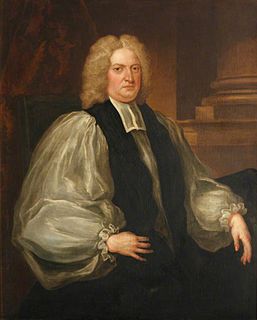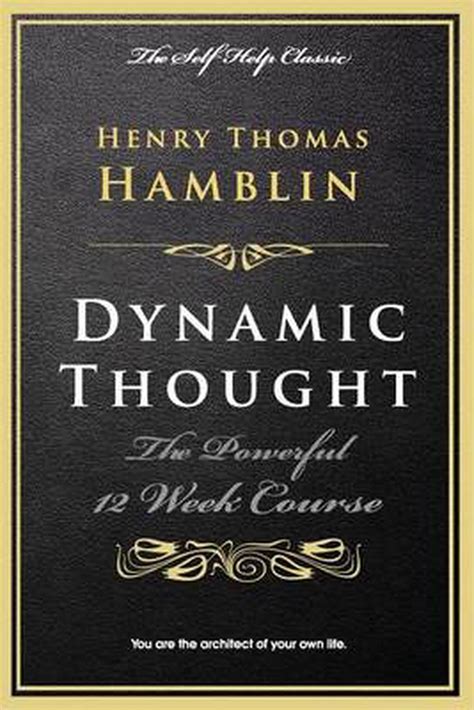A Quote by Edmund Gibson
The blessings we evoke for another descend upon ourselves.
Related Quotes
We cannot focus upon the weaknesses of one another and evoke strengths. You cannot focus upon the things that you think they are doing wrong, and evoke things that will make you feel better. You've got to beat the drum that makes you feel good when you beat it. And when you do, you'll be a strong signal of influence that will help them to reconnect with who they are.
Certain movies that are trying to evoke history are just like being in an antique store, and all you notice is that all the stuff has been gathered together, and it feels like a pile of antiques. How can you think that that will evoke the past? It doesn't even have to evoke anything, but anyway, it's how we're living. It's this moment where nobody has to immediately think too much about how things are being documented. It's a great time.
Service rendered as a gift or love-offering to Life: work that is engaged in, not for self or for profit, but as an act of love and service, these bring the doer a harvest of blessings. . . . When we serve and when we give, we open ourselves to receive life's richest blessings, its greatest prizes, and its most enduring lessons.
Often as we teach and testify about the law of tithing, we emphasize the immediate, dramatic and readily recognizable temporal blessings that we receive. And surely such blessings do occur. Yet some of the diverse blessings we obtain as we are obedient to this commandment are significant but subtle.
The Spirit of the Lord says that God is placing a crown of manifestation on the heads of His faithful, diligent, chosen saints - a crown of great favor and authority with God and men - a new and greater installment of the fruits and blessings of the Spirit. Another measure, and another, and another.

































